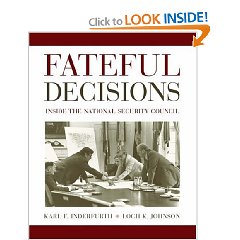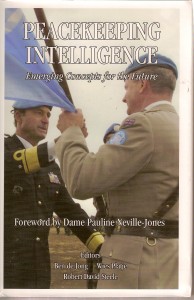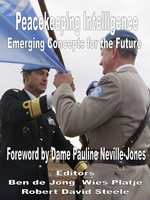This is the orginal gold standard book on the National Security Council, now “replaced” but not fully so, by the new edition, “Fateful Decisions: Inside the National Security Council,” just published in February 2004.
However, this original edition contains two sections, one on “Disorders” (of the NSC) and the other on “Remedies” (for NSC dysfunctionalities) that have not been fully migrated to the new book, and for that reason, I recommend that this version of the book also be bought, as a supporting element for the value of those two sections and a few other items of significant historical value in understanding the NSC.
Readers should be aware that both books focus on the NSC as primarily a “big stick” actor obsessing with the use of military “hard” power to impose America's will, and while there are helpful mentions in both books of “soft” power options, by and large neither book really addresses the full range of instrumental of national power (commercial, cultural, religious), nor does each book address how one understands and orchestrates all the non-Federal actors including American evangelical organizations, chambers of commerce, multinational corporations, etcetera, in stabilizing and reconstructing the world.
Never-the-less, this is standard book in the field, bringing together the very best minds available in America, and the updated version, while updated, does not completely replace it.
The editors and publishers might usefully consider a new volume on “comparative national security decision-making” in which sections address how Arab, Chinese, European, South American, South Asian, and Russian national security decisions are made.
See also, with reviews:
Bureaucratic Politics And Foreign Policy
Imperial Hubris: Why the West Is Losing the War on Terror
The Paradox of American Power: Why the World's Only Superpower Can't Go It Alone
The Fifty-Year Wound: How America's Cold War Victory Has Shaped Our World
The Unconquerable World: Power, Nonviolence, and the Will of the People
War Is a Racket: The Anti-War Classic by America's Most Decorated General, Two Other Anti=Interventionist Tracts, and Photographs from the Horror of It
Why We Fight
The Fog of War – Eleven Lessons from the Life of Robert S. McNamara
Ike – Countdown to D-Day













